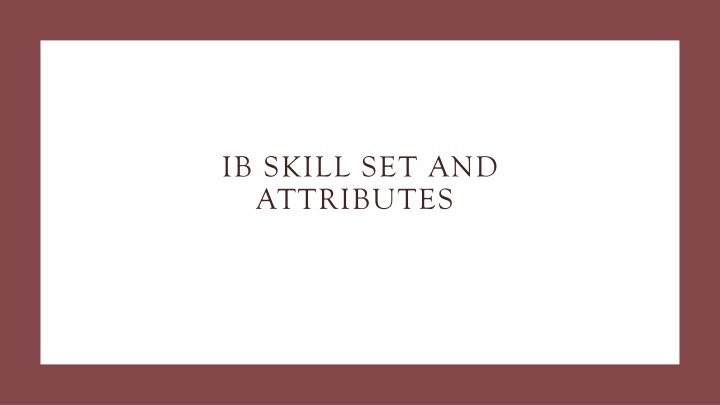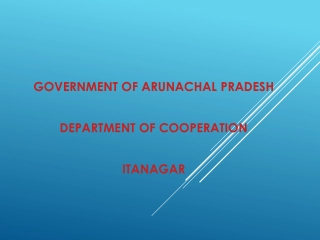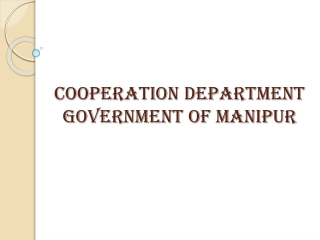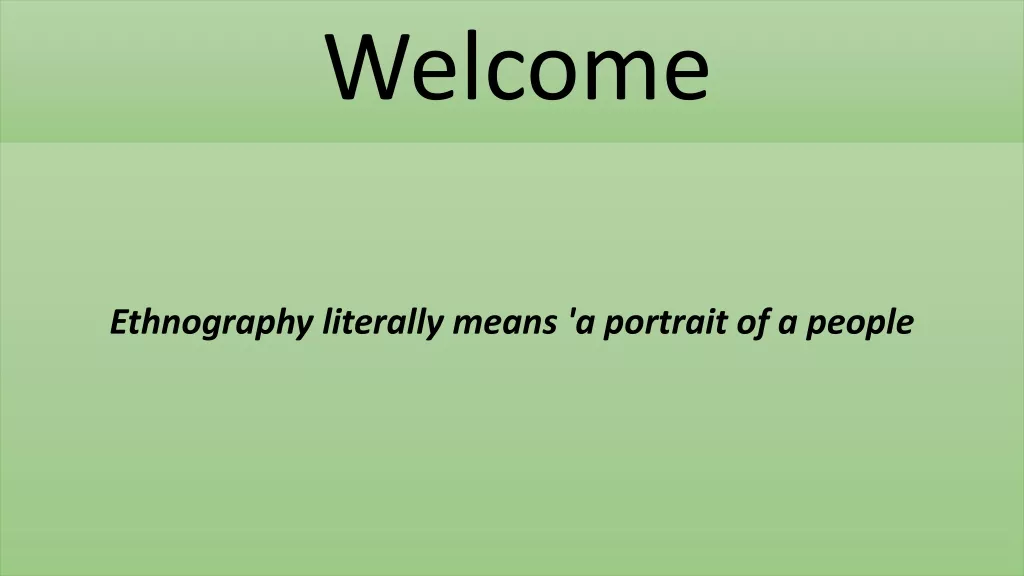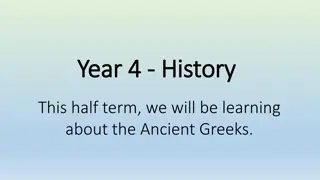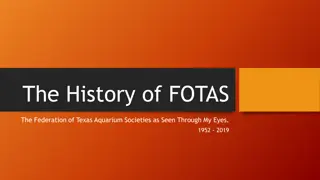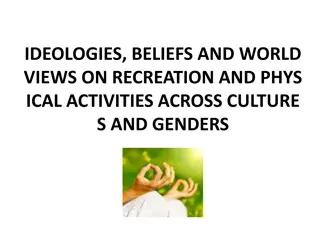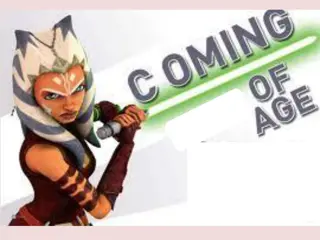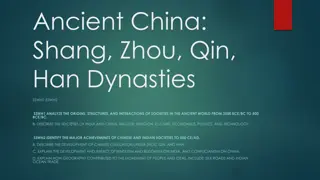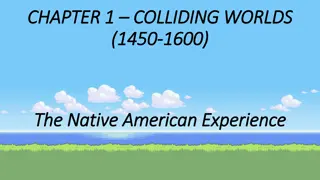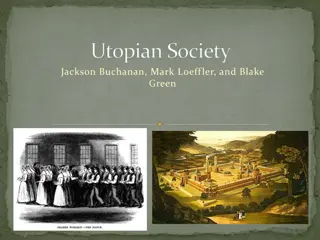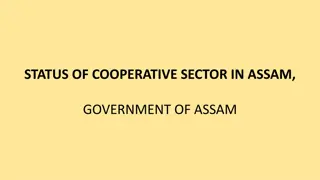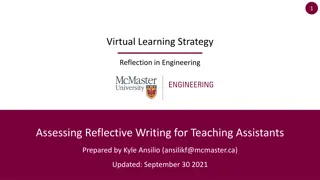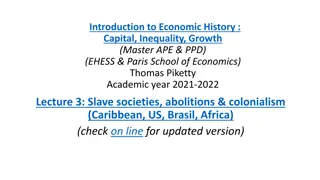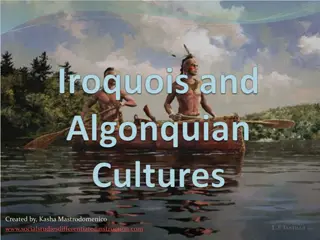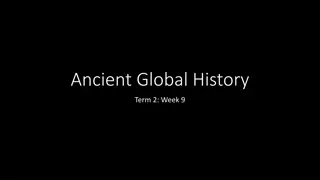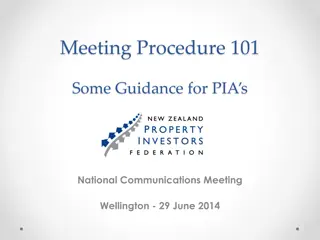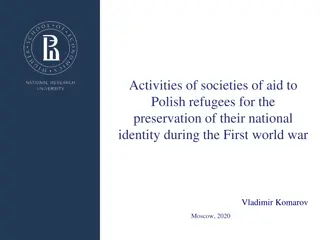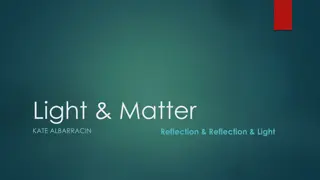Ancient Cultures and Societies: Skills, Reflection, and History
Explore the skills, attributes, and reflections necessary for success, alongside a journey through ancient civilizations like Mesopotamia, Egypt, India, and China. Dive into the rich history of dynasties, societal structures, and cultural exchanges along the Silk Road. Uncover the origins, interactions, and contributions of these ancient worlds.
Download Presentation

Please find below an Image/Link to download the presentation.
The content on the website is provided AS IS for your information and personal use only. It may not be sold, licensed, or shared on other websites without obtaining consent from the author.If you encounter any issues during the download, it is possible that the publisher has removed the file from their server.
You are allowed to download the files provided on this website for personal or commercial use, subject to the condition that they are used lawfully. All files are the property of their respective owners.
The content on the website is provided AS IS for your information and personal use only. It may not be sold, licensed, or shared on other websites without obtaining consent from the author.
E N D
Presentation Transcript
IB SKILL SET AND ATTRIBUTES
SKILLS Organization Self-management
Balanced Reflective ATTRIBUTES Principled Communicator
LATE WORK REFLECTION Needs to include: 1. Why my assignment was late. 2. How I can keep future assignments from being late. 3. IB Skills and Attributes associated with turning in work on time.
CHINA 1. How does technology empower dynasties? 2. How were kings/emperor's able to keep/gain power? 3. What's the difference between an emperor and king? 4. Write down each dynasty and the years of existence. 5. Create a timeline https://www.youtube.com/watch?v=fFNzX3tYTXU
UNT 1: CH NA AND IND A
TIMELINE https://www.kyrene.org/cms/lib/AZ01001083/Centricity/D omain/894/COUNTING%20TIME.pdf
STANDARDS SSWH1 Analyze the origins, structures, and interactions of societies in the ancient world from 3500 BCE/BC to 500 BCE/BC. D a. Compare and contrast Mesopotamian and Egyptian societies,include:religion, culture,economics, politics, and technology. b. Describe the societies of India and China,include:religion, culture,economics, politics, and technology. D D d. Identify the Bantu migration patterns and contribution to settled agriculture. D e. Explain the rise of the Olmecs.
Mandate of Heaven Taoism Confucianism Silk Road Irrigation King Emperor VOCABULARY
WHAT IS THIS? What does your family call this?
Does your family, (probably your grandma) Have China? Where do you think that name came from? https://www.youtube.com/watch?v= Ab_u9mC1Wv8 FINE CHINA
https://www.comuseum.com/ceramics/pr e-han/ 1. Determine what Dynasty or Era the China was created in. 2. What stands out to you about the ceramics? CHINA
550 BC 700BC 200 BC 250 AD 500 AD PUT THE FOLLOWING DATES ON A TIMELINE
INDIA https://www.youtube.com/watch?v=lK3oqU2WNY0
INDIA'S BEGINNING The Indus Valley Civilization A long time ago, in the eastern world, there rose a few civilizations. The main reasons for the rise of these urban civilizations were access to rivers, which served various functions of human beings. Along with the Mesopotamian civilization and the Egyptian civilization, rose the Indus Valley civilization spanning Northwest India and modern-day Pakistan. The largest amongst the three civilizations, the Indus Valley civilization flourished around 2600 BC, at which time agriculture in India started flourishing. The fertile Indus valley made it possible for agriculture to be carried out on a large scale. The most well-known towns of the Indus Valley in today s date are Mohenjo Daro and Harappa. Unearthing these two towns showed excavators glimpses into the richness of the Indus Valley civilization, evidenced in ruins and things like household articles, war weapons, gold and silver ornament - and so on. The people of the Indus Valley civilization lived in well-planned towns and well-designed houses made of baked bricks. In an era of developments and prosperity, civilization, unfortunately, came to an end by around 1300 BC, mainly due to natural calamities.
Skills: Reflection Self-management Communication Research Attributes: Open-minded Thinker Balanced IB SKILLS AND ATTRIBUTES
THE GREAT DEPRESSION We will review information from a website and determine what dates to put on the timeline. Then we will create a timeline. https://www.history.com/topics/great-depression
VOCABULARY Subcontinent Natural Barriers Hindu Buddhism Caste system https://www.youtube.com/watch?v=JWhA3ldZcyY
THE CASTE SYSTEM What is the caste system? What is the worst thing about the caste system? What is good about the caste system (be openminded)? https://www.youtube.com/watch?v=Oh_xvKLhZHg
HOW TO RESEARCH Keywords Search engines Reliable websites
